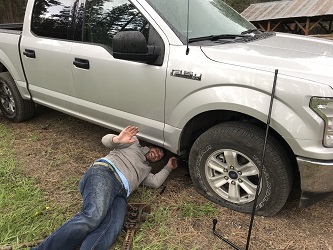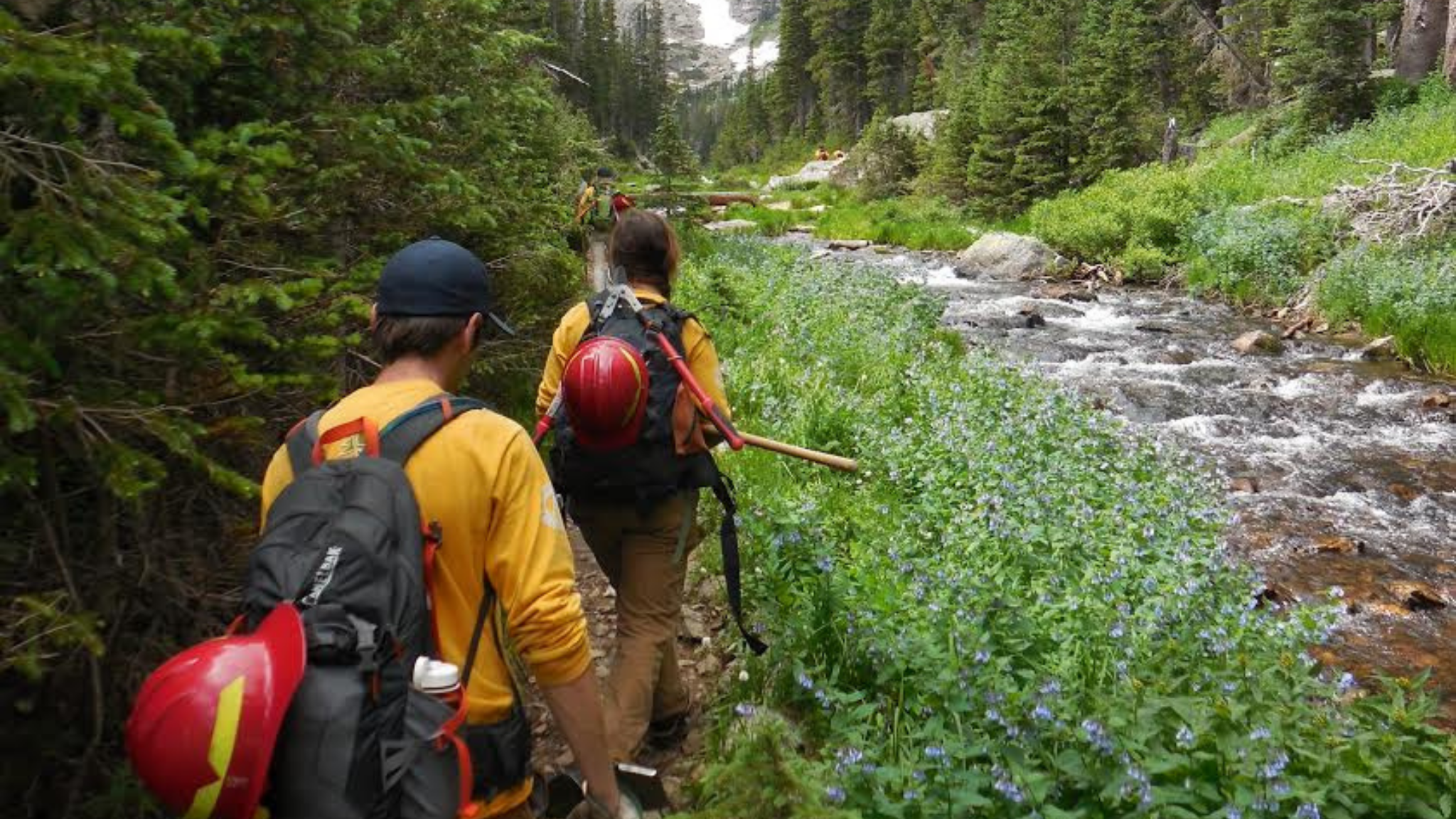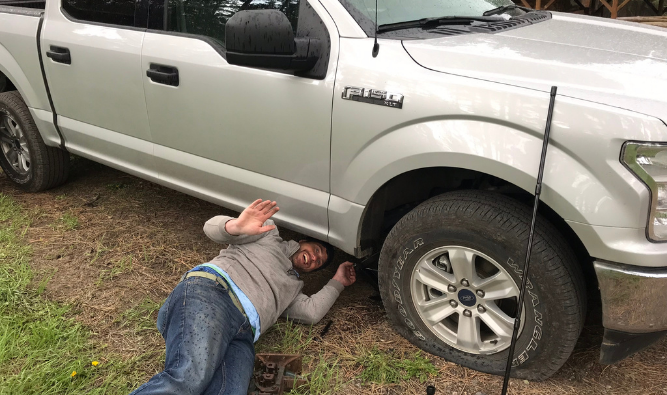by Lauren W., high school River Ranger at The Greenway Foundation, age 17
Being a Project Manager can encompass many different roles, from overseeing job sites out in the field to writing grants and seeking funding. Everyday in this position can look different, and the type of work a project manager is doing can vary based on the time of year, what is needed to complete certain projects, and what regulations may be involved in these projects.
Some examples of what a Project Manager’s role might entail include seeking project partners, reaching out to regulatory groups, writing grants, and getting operations approved. The Project Manager ensures the task is completed from start to finish and at every step in between, which can sometimes take years to complete.
From participating in white water sports, to becoming a raft guide, Tony LaGreca has always been interested in water. Now, in his position as a Project Manager for the Colorado Water Trust, he oversees projects relating to the usage and conservation of water to restore rivers.
LaGreca has a bachelor’s degree in environmental science and geography and a masters in geography, both from the University of Colorado. While this helped him to learn more about what he was interested in, he claims about 20% of his education came from his school, but more importantly, he has learned communication, fundraising, and other on the job skills that have helped him significantly throughout his career.
When LaGreca first entered the job market, he would Google anyone in the environmental industry and reach out via email to begin establishing connections. He explained that environmental careers, specifically government jobs, can be very competitive and careers in this field often begin by working in technology and building from there.
LaGreca has worked on a variety of environmental projects across the country, from private consulting to working as a contractor designing restoration projects. As a Project Manager, he works about 35% of the time out in the field (mostly during the summer), and spends the rest of his time fundraising, writing grants, further investigating environmental issues, and any other task that needs to be completed to ensure a project runs smoothly from start to finish. He works closely with an attorney, development team, and communications staff to publicize and promote projects.
La Greca explains that his favorite part of his job is seeing his hard work pay off, though it can be challenging to stay motivated on specific projects for extended periods of time. Many of these projects can take anywhere from one to ten years to complete, though seeing the positive impact they can have on rivers is very rewarding.
His advice for people interested in this career path is that there are a variety of ways to get involved, from working in the field to focusing on the policy and education side of environmental conservation. LaGreca explains that exploring these different pathways can help someone determine how they want to get involved in environmental careers, and lead them towards the career path best suited for them.



